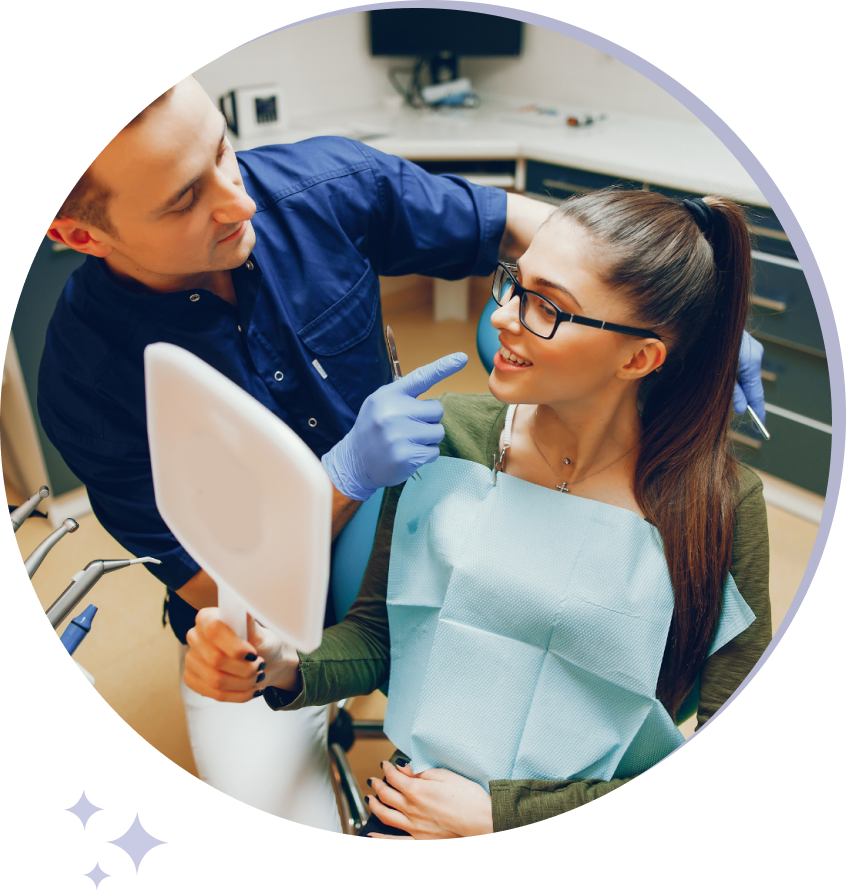
Reasons for Pulling Teeth
Permanent teeth will last a lifetime when well cared for and free of injury. However, there are reasons to remove a tooth, most commonly when a tooth is badly damaged from trauma or decay.
People who experience a crowded mouth may need extractions for orthodontic treatments.
Extraction is required when an infection has reached the inner tooth, where nerves and blood vessels exist. Extraction is necessary when a root canal treatment fails, and antibiotics do not clear up the infection.
When you are immune-compromised, removing a tooth at risk of infection may be a preventive measure.
When periodontal disease affects the tissue and bones that support teeth and keep them in place, they will fall out. When some teeth are already missing, it may be necessary to extract the remaining teeth for prosthodontic treatments.
What to Expect With Tooth Extraction
Dentists and oral surgeons are both able to complete tooth extractions. Typically the use of local anesthetic is sufficient unless there is a need for sedation.
Sometimes a tooth that has not erupted is impacted and needs surgery.
It's essential that a blood clot forms in the socket after extraction. You will bite down on a gauze pad to help stop the bleeding. If stitches are required, they will be dissolving stitches that close the wound over the extraction site. You may have heard the term dry socket, a blood clot that has come loose from the socket. When this happens, the bone is exposed, causing significant pain. Your dentist will place a sedative dressing over the open socket to protect it while another clot develops.


Provide Your Dentist With a Complete Medical History
Particularly if you have any of the following:
- Congenital heart failure
- Impaired immune system
- Liver disease
- History of bacterial endocarditis
- Artificial joint replacements
- Damaged or artificial heart valves.
Having a tooth extracted is usually a safe procedure. There is some possibility that harmful bacteria may enter the bloodstream or risk infection. Any medical conditions that put you at risk may require you to take a round of antibiotics before and after the extraction. Please inform your dentist of your medical history, including current medication and supplements you take.


